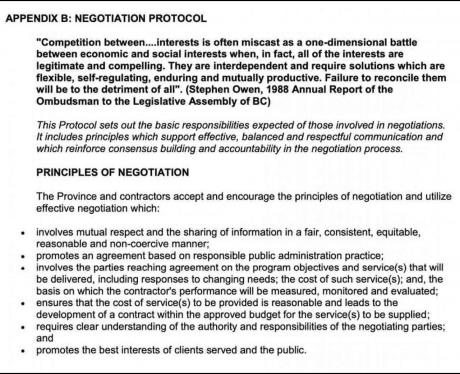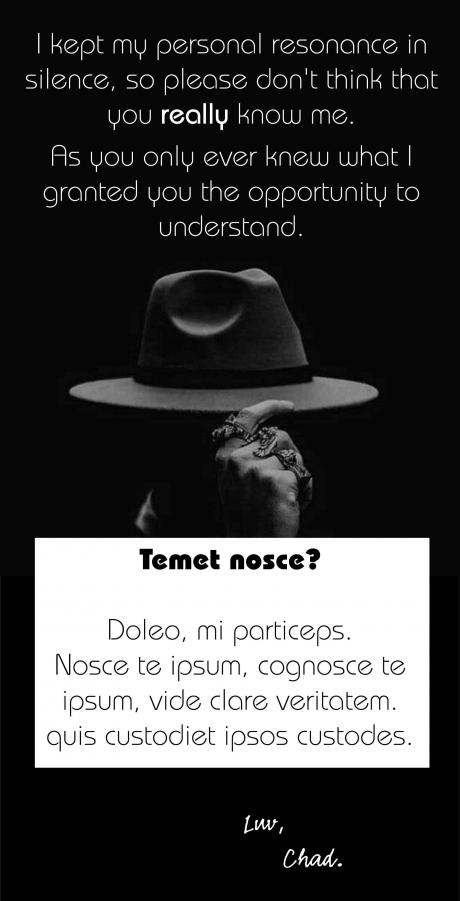Heard about something coming in the New Year, by my lighter refraction. I've been working an operation to illustrate some problems in Ontario since near the beginning of the plandemic, and certain items have coalesced. Stay tuned, next gradual drop is gonna be around Jan26. and the apparent target will be the expostulation of why certain individuals think that it's safe to be a bully when protected by their ignorance and ignominy of corporate kleptocracy..
- A "hitlist" is generally defined as:
- a list of potential murder victims,
- a list designating a target, as for attack, coercion, or elimination.
- a roster of potential victims, especially a list of people to be killed.
In this player's situation at present, a Hitlist is intended to indicate the existence of a series of metaphorical baseballs or targets which have been thrown during the plandemic idiocy threats to be dealt with or generally "eliminated" from the nest of target designation.
Enjoy the show, as even the socialist Nietzsche made a rational designation. Namely that:
- Sometimes people don’t want to hear the truth because they don’t want their illusions destroyed.
- -Frederick Nietzsche
I'm not sure, but it might include disclosure about certain activities, and the requisite fraudulence commission against the Judicial Administration and/or the commission of fraudulent juriprudence.
In PP v DD (Ont CA, 2017) the Court of Appeal states the elements of the tort of negligent misrepresentation succinctly as follows:
- [41] To succeed on a civil claim for fraudulent misrepresentation, the appellant must establish the following:
- the representation was made by the respondent;
- the respondent knew that the representation was false or was recklessly indifferent to its truth or falsity;
- the false statement was material and by it the appellant was induced to act; and
- the appellant suffered damages:
- Bruno Appliance and Furniture, Inc. v. Hryniak, 2014 SCC 8 (CanLII), [2014] 1 S.C.R. 126, at para. 21;
- see also Parna v. G&S Properties Ltd. (1970), 1970 CanLII 25 (SCC), 15 D.L.R. (3d) 336 (S.C.C.) at p. 344.[1] The Supreme Court of Canada has consistently recognized that “fraud without damage gives... no cause of action”:
Hryniak at para. 20.
Enjoy the show.







Comments